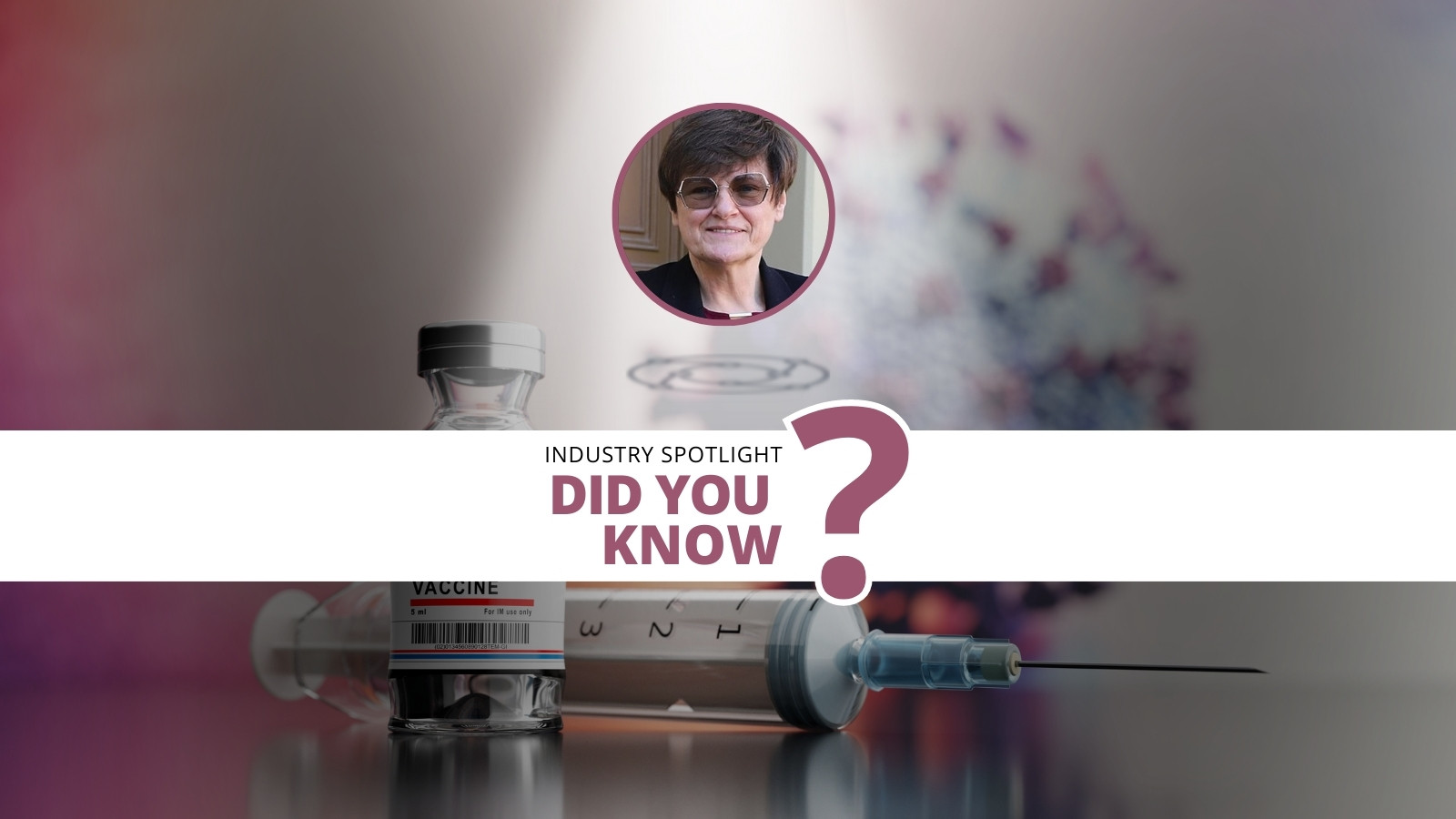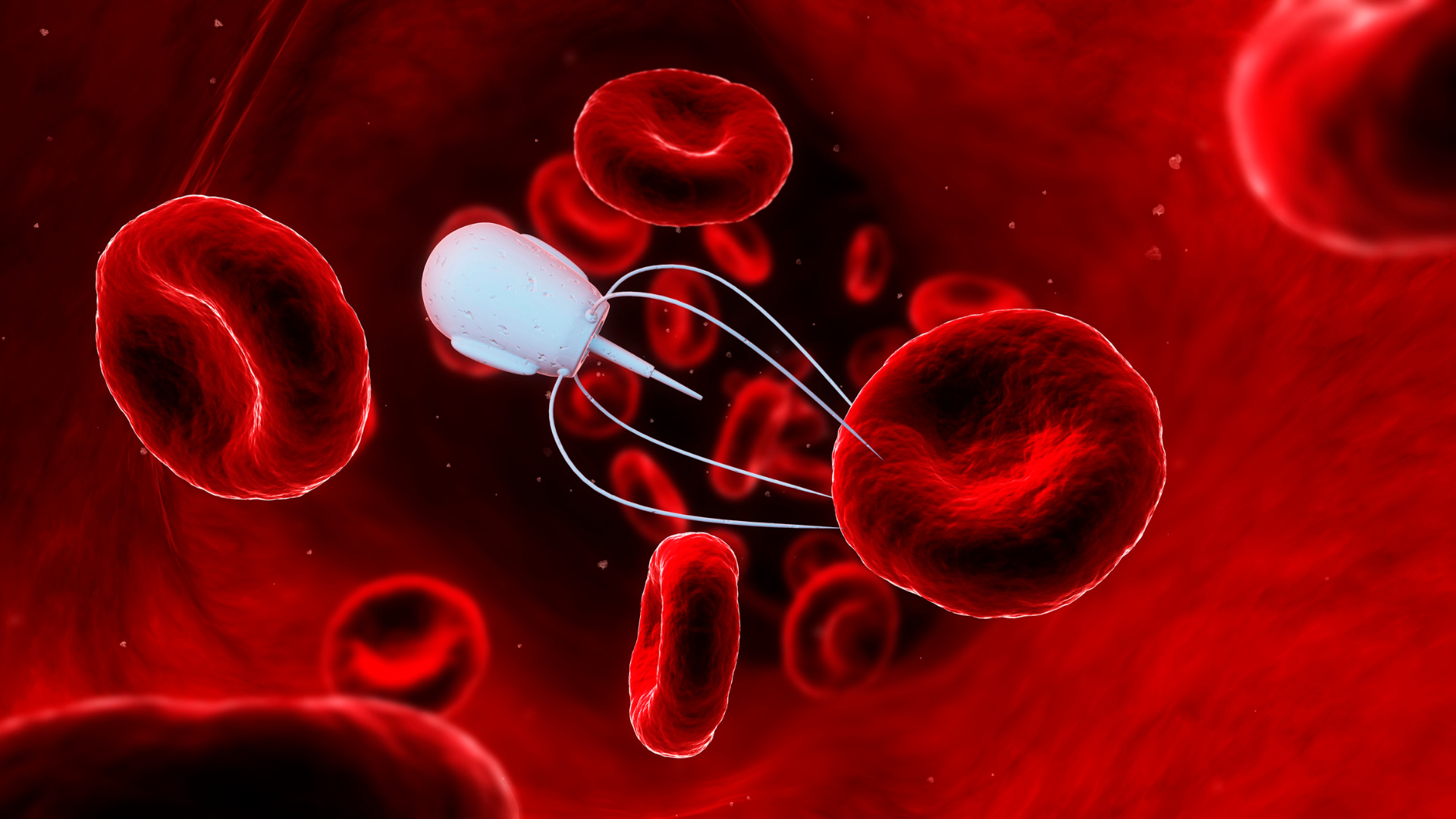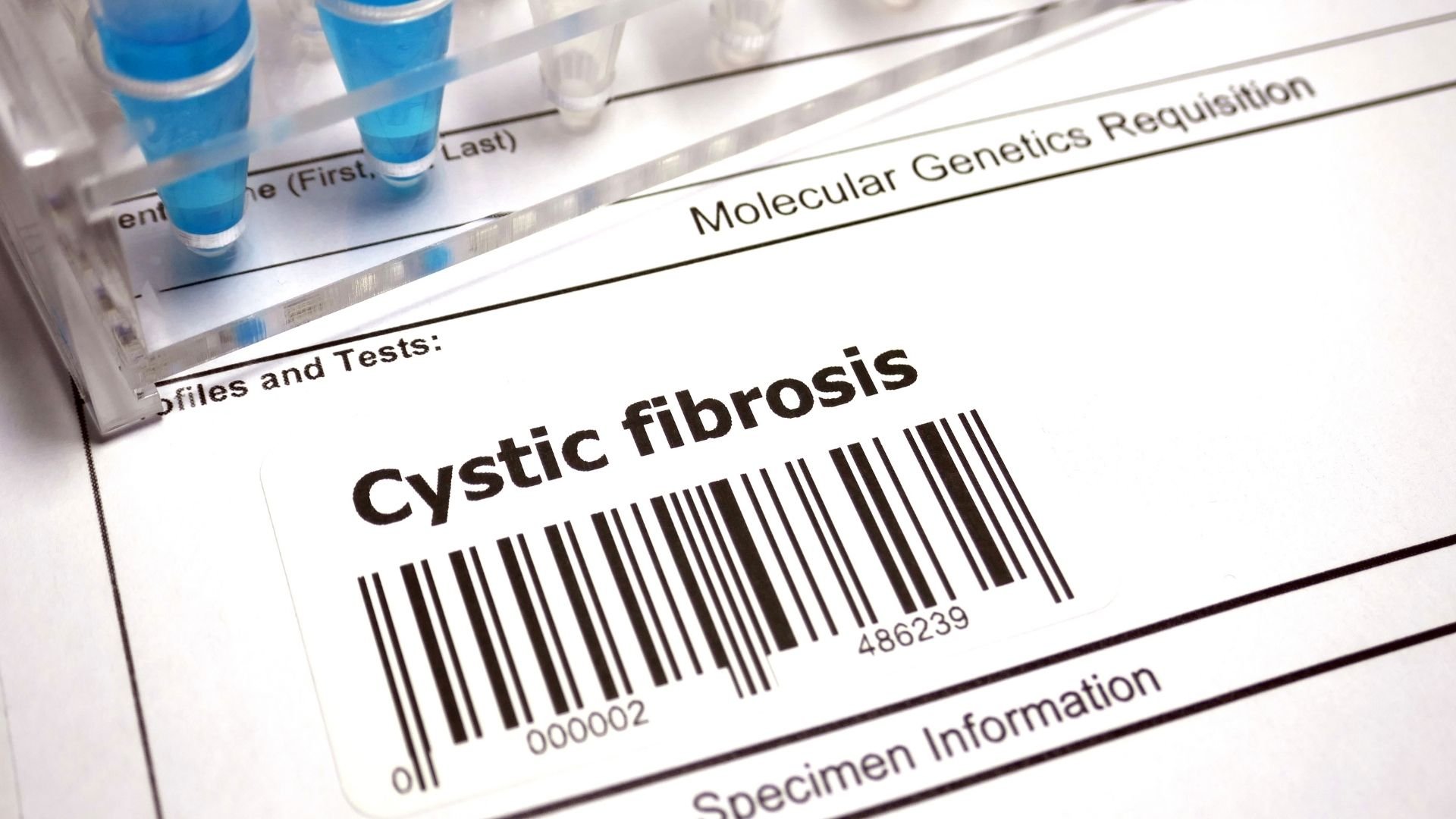The Woman Who Changed the Course of the Pandemic: Katalin Karikó and the mRNA Revolution

From humble beginnings, the daughter of a butcher and a bookkeeper in a small Hungarian home, Katalin Karikó went on to provide the escape route for the 21st Century’s biggest crisis. Her work on mRNA forged the foundations of the most successful vaccines for COVID-19.
Karikó earned her PhD in Hungary at the University of Szeged and continued to study at the Institute of Biochemistry at Hungary’s Biological Research Centre. She emigrated to the US in 1985 with her husband and daughter when her lab lost funding.
RELATED:
- Spotlight on mRNA Vaccines: Made But Not Defined by the Pandemic
- From LNPs to AAVs: Overcoming RNA Delivery Challenges
- Overcoming Challenges in Formulating and Delivering RNA Therapeutics: Insights from Formulation & Delivery US
After moving to the US and serving two postdoctoral positions in the late 80s, she was hired as an Adjunct Professor by the University of Pennsylvania, working on messenger RNA. It was her research on mRNA which would later become the basis for the technology that made the COVID-19 vaccine work.
At Pennsylvania, Karikó met professor of immunology, Drew Weissman. The two began to collaborate and together developed a way to modify mRNA for therapeutic affect. The technology that they developed was known as non-immunogenic, nucleoside-modified RNA, and was patented in 2005.
After many years of working on mRNA, and the formulation of a delivery system that utilised lipid nanoparticles (another critical technology for the COVID-19 vaccine), Karikó turned her attention from academia to industry. Biotech companies BioNTech and Moderna noticed Karikó and Weissman’s efforts and licenced their mRNA technology.
In 2013, Karikó took a position at BioNTech as Senior Vice President, overseeing their mRNA program. BioNTech worked on many therapeutics with the technology in the 2010s but didn’t make it through clinical trials. All that was about to change though.
The emergency of the COVID-19 pandemic thrusted the development of potential vaccines into overdrive, which is when we all began hearing about a strange and novel modality called mRNA vaccines. Clinical trials for the Pfizer-BioNTech vaccine for COVID-19 began in April 2020, and by August the next year, it was approved by the FDA.
Now, in 2023, although the pandemic has changed the world in many ways, the vaccine has allowed us to return to mostly normal life. If it was not for the doggedness of this Hungarian biochemist, the legacy of the pandemic could look very different.
Get your weekly dose of industry news and announcements here, or head over to our Formulation portal to catch up with the latest advances in manufacture and therapeutic delivery.







